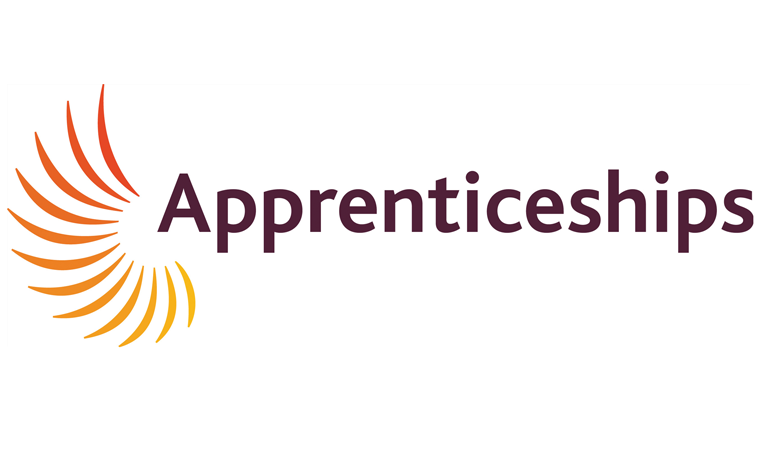 Apprentices do not work under normal contracts of employment. Instead, there are special documents depending on where the apprentice will be employed
Apprentices do not work under normal contracts of employment. Instead, there are special documents depending on where the apprentice will be employedWith National Apprenticeship Week 2017 taking place from 6-10th March, here is a quick guide on the important areas employers need to be aware of when employing apprentices.
What documentation do apprentices receive?
Apprentices do not work under normal contracts of employment. Instead, there are special documents depending on where the apprentice will be employed. If taking an apprentice on in Scotland, a contract of apprenticeship will be used. If the apprentice is employed in England and Wales, an apprenticeship agreement should be used.
Can apprentices be dismissed the same as other employers?
This depends on the documentation the apprentice is working under. With an apprenticeship agreement, the focus of the role is the job itself so the apprentice can be treated as if they were a normal employee. The company’s normal disciplinary and dismissal procedures can be used, although a tribunal would expect some allowances for the apprentice.
With a contract of apprenticeship, the focus is on learning. These apprentices should not be treated like a normal employee and employers are expected to provide extra support and training to bring them up to scratch. Employers who do dismiss normally can face substantial liability as damages will cover the remainder of the apprenticeship and future losses.
What are they paid?
There is a specific National Minimum Wage (NMW) band for apprentices. This applies to apprentices aged under 19 or 19 and over but in the first year of their apprenticeship. The current rate is £3.40 per hour, increasing to £3.50 per hour from 1st April 2017.Apprentices aged over 19 in the second year of their apprenticeship must get the correct NMW for their age band.
Employers can choose to pay more than minimum wage but cannot pay less.
How are apprenticeships funded?
Generally, part of the training is funded by the government or local councils which is paid directly to the provider. Government grants are also available for smaller employers, where the apprentice is younger or if they have formerly been in care or on an Education and Health Care plan.
What is the apprenticeship levy?
From 6th April 2017, larger employers with an annual pay bill of more than £3 million are legally required to pay the apprenticeship levy. Employers will pay 0.5% of their pay bill, minus a £15,000 annual government allowance, in to a digital apprenticeship account on a monthly basis. The account gives employers up to 2 years to spend their funds on apprenticeship training and assessment costs.
Join Over 40,000 Recruiters. Get our latest articles weekly, all FREE – SEND ME ARTICLES
Recruiters love this COMPLETE set of Accredited Recruitment & HR Training – View Training Brochure








